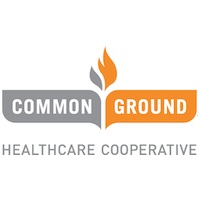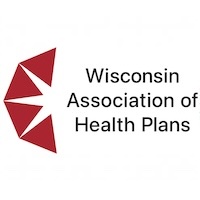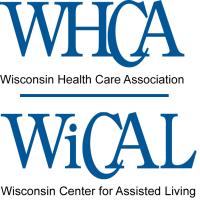
Integrated specialty care for women begins at Eastpark Medical Center
Today marks the final phase of new patient appointments at Eastpark
MADISON, Wis. – Today, UW Health Eastpark Medical Center welcomed the third and final phase of patients, including patients seeking care through the integrated specialty care for women program.
This program will enable coordinated and wholistic care for women with many conditions, including gynecologic cancers, and pelvic floor disorders like incontinence and pelvic organ prolapse, as well as therapy for sexual health dysfunction., all of which impact women’s overall health and well-being, according to Dr. Ellen Hartenbach, chair, Department of Obstetrics and Gynecology, University of Wisconsin School of Medicine and Public Health.
“Stress incontinence and pelvic organ prolapse, for example, are conditions many women experience for far too long before they seek care,” said Hartenbach, who is also a gynecologic oncologist at UW Health | Carbone Cancer Center. “They may be embarrassed to talk about their issues and think these experiences are inevitable for women or mothers.”
As such, women often adjust their lives around their symptoms, according to Dr. Christine Heisler, urogynecology and reconstructive pelvic surgeon, UW Health.
“They avoid exercising, traveling and participating in family and social events,” said Heisler, who is also an associate professor of obstetrics and gynecology, UW School of Medicine and Public Health. “They don’t know that there are options to address and manage the common but very often treatable things they’re going through.”
At Eastpark Medical Center, a multidisciplinary team will focus on changing that with compassionate, comprehensive care and state-of-the-art treatments, she said.
Pelvic floor disorders often require the care of multiple specialists, and UW Health created the first multidisciplinary clinic of its kind in Wisconsin, which brings together urogynecologists, urologists, gastrointestinal specialists, colorectal surgeons and physical therapists to treat these conditions, according to Dr. Sarah McAchran, urologist and urogynecologist, UW Health.
“About 10 years ago, we started a women’s pelvic wellness program, which has grown to become a key offering of the integrated specialty care for women program,” said McAchran, who is also an associate professor of urology, UW School of Medicine and Public Health. “Now at Eastpark, this team is together in one place and can serve our patients in a coordinated way at a scale I couldn’t have imagined.”
Sexual health is also integral to the program, offering individual and couple consultations and psychotherapy to all genders to treat sexual issues, according to Madelyn Esposito, program manager, Sexual Health Clinic, UW Health.
“This is a critically unmet need,” she said. “Ours is the only program that provides sex-positive and affirming spaces to discuss the most sensitive and stigmatized health concerns.”
In the coming year, the program will expand to include supportive, integrated care for endometriosis, pelvic pain, fibroids and other important health care issues women experience.
The integrated specialty care for women program is coming at an important time, as there is a rapidly expanding need for this care, Hartenbach said.
The U.S. population is aging, with an anticipated 55% increase in urinary incontinence, a 59% increase in bowel incontinence and a 46% increase in pelvic organ prolapse by the year 2050, according to an article in the medical journal Obstetrics & Gynecology forecasting the prevalence of pelvic floor disorders.
“U.S. News & World Report ranked obstetrics and gynecology at UW Health among the top 10 in the nation this year,” Hartenbach said. “At Eastpark, our patients will have access to what makes our care great; an amazing care team, the latest clinical trials, technology, physiotherapy and minimally invasive procedures.”











.jpg?bwg=1612548324)



















